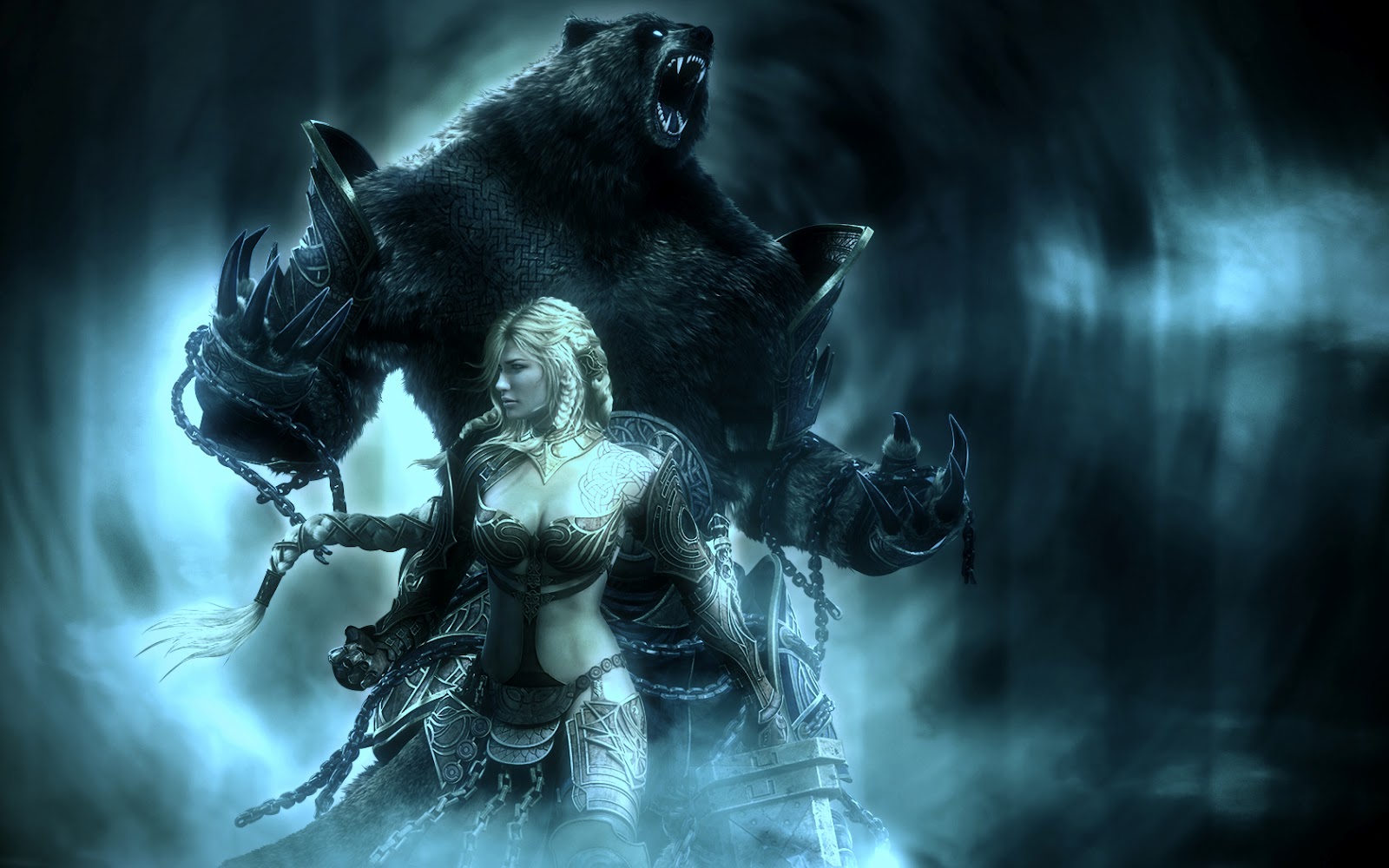The Power of Belief & Paradigms
Belief forms the core of a Mage’s focus. Often referred to as paradigm, that belief reflects the way a Magus thinks about the world, her place in it, and the things she does in order to spin that world to suit her purposes. Beliefs and paradigms aren’t quite the same thing, but they’re closely related to one another. Belief tends to be a personal faith or creed, whereas paradigm tends to reflect an intellectual framework for understanding such things. Each depends upon the other.
A fair statement is that paradigm represents how you think the world works, and belief represents why you think it works that way. The varieties of human belief are almost limitless. It wouldn’t be an exaggeration to say that every living person (and possibly every thinking entity) holds different beliefs. The things we believe come from so many factors – culture, experiences, memories, perceptions, meditations upon those other factors, and far more besides – that although we can make general statements about a belief, we can never truly know what another person believes, nor can anyone else truly share our unique paradigm. We can come close in many respects, but except in the rare cases where a Magus shares a lasting, total mind-body-soul connection to another entity, our beliefs still occupy different worlds.
The concepts below should in no way be considered final, but serve as examples of paradigms.

Sample Mage Paradigms
- A Mechanistic Cosmos
- Creation is essentially a machine. By understanding it, we can elevate ourselves to a superior state. All things possess an intrinsic sense of order, and chaos is an illusion that conceals a deeper form of symmetry. To the mechanistic viewpoint, enlightenment includes a clear-eyed view of the cosmic machine. Though it might be perceived through lenses of god-head, those divinities are still part of the system. Magic, therefore, is an Enlightened Science through which a person tweaks the gears. Metaphysical practices are simply toolkits for the people who know how to tinker with reality.
- A World of Gods and Monsters
- In this view, Creation is fundamentally irrational, dangerous, and filled with powerful forces, most of which are hostile. Nothing makes sense for very long, and apparent safety can give way at any moment and plunge us into chaos. Magic, science, and faith are tools we use, like fire and steel, to keep the threats at bay. Those tools give us a leg up on our ancestors, but in the end we’re all utterly fucked. Under this view, magic is a weapon, and using it makes you a monster too.
- The Golden Age Lost
- Once upon a time, goes this paradigm, everything was perfect. God or the Gods reigned in glory, and people held a valued, though submissive, place in this Earthly paradise. And then something broke it. Maybe that catastrophe involved disobedient human beings, rebellious gods or angels, an invasion of savage horse nomads, or some other upheaval that signaled an end to the Golden Age and the beginning of an era of misery. It’s an archetypal story that echoes from monotheistic scriptures to neopagan lore: We had a good thing once, and we lost it – so it’s up to us to win it back! Magic in this system, comes from your connection to that Golden Age, its ideals, its ancient wisdom, and the power it once had and will have again.
- A Divine and Living Creation
- The world, perhaps even the universe, is a living entity. That entity is either part of Divinity or else is Divinity itself. Gods and monsters exist, as do pain, horror, and death. That’s cool, though, because in the end good things come from all the suffering. Death sustains life, life gives way to death, and the whole thing is a cycle that perpetrates itself in an ultimately beneficial way. Magic flows from an understanding of that cycle and your place in it as an agent of change.
- Reality is Chaos
- The core of existential philosophy, this paradigm insists that Creation is indifferent and possibly meaningless until and unless we choose to impose meaning on our small part of it. Magic comes from wrangling whatever cosmic mysteries or principles you believe in and realizing that your belief is the thing that gives them power. Ultimately magic comes from within.
- Might is Right
- The Law of the Jungle rules a dog-eat-dog world. As we’re hurled through an indifferent cosmos, nothing matters beyond an individual’s ability to impose his Will. The truly superior man or woman excels because that person will accept nothing less than excellence. Anyone who cannot meet exacting standards is essentially agreeing to be fodder for the elite.
- It's All Good
- This New-Age Gnostic conceit insists that Creation is ultimately benevolent. We suffer because we believe we’ll suffer. If and when we adjust our attitude, the world spills out its blessings upon us. Magic comes from refusing to be bound by common expectations. Energy is essentially a positive force, and a positive attitude can literally do wonders with it.
- It's All an Illusion
- A dour yet prevalent view among Nagi is that Creation as we know it is a big fucking lie. It was created as a prison, a joke, or a project by malignant entities (Matrix-style Gnosticism). It's a cosmic accident that only seems significant, or it’s an illusion obscuring a deeper Cosmic Truth that’s essentially benevolent or, at worst, indifferent (an idea often affiliated with strains of Buddhism, Hinduism, weird science, and existential philosophy). In this perspective, magic comes from transcending the illusion and learning how to work the strings that bind up everyone else. Knowledge and understanding provide the ultimate escape from this painful shadow of Cosmic Truth.

